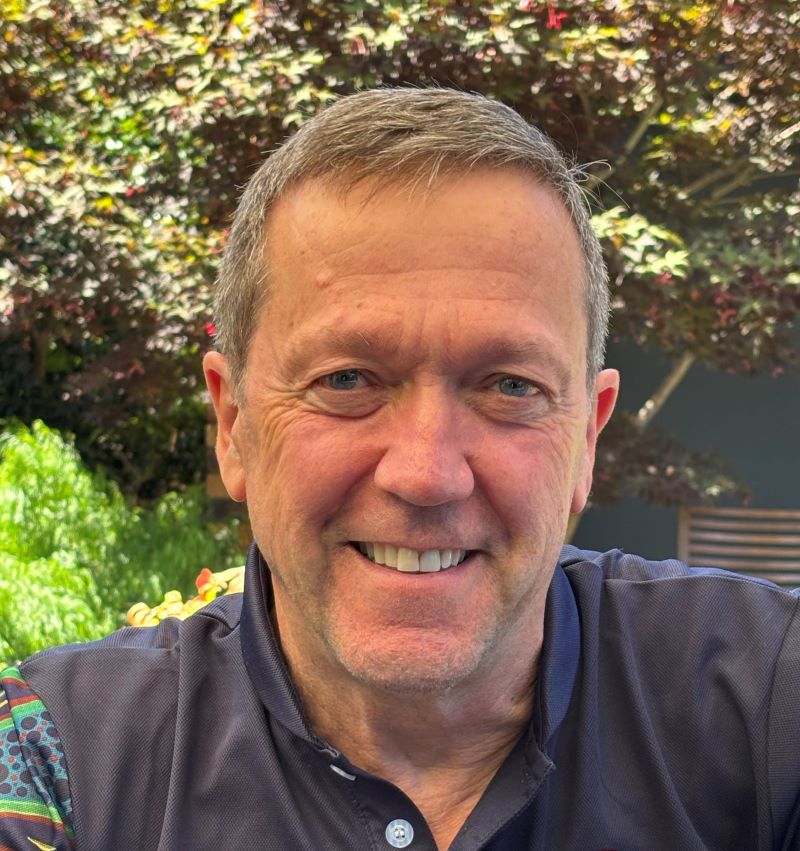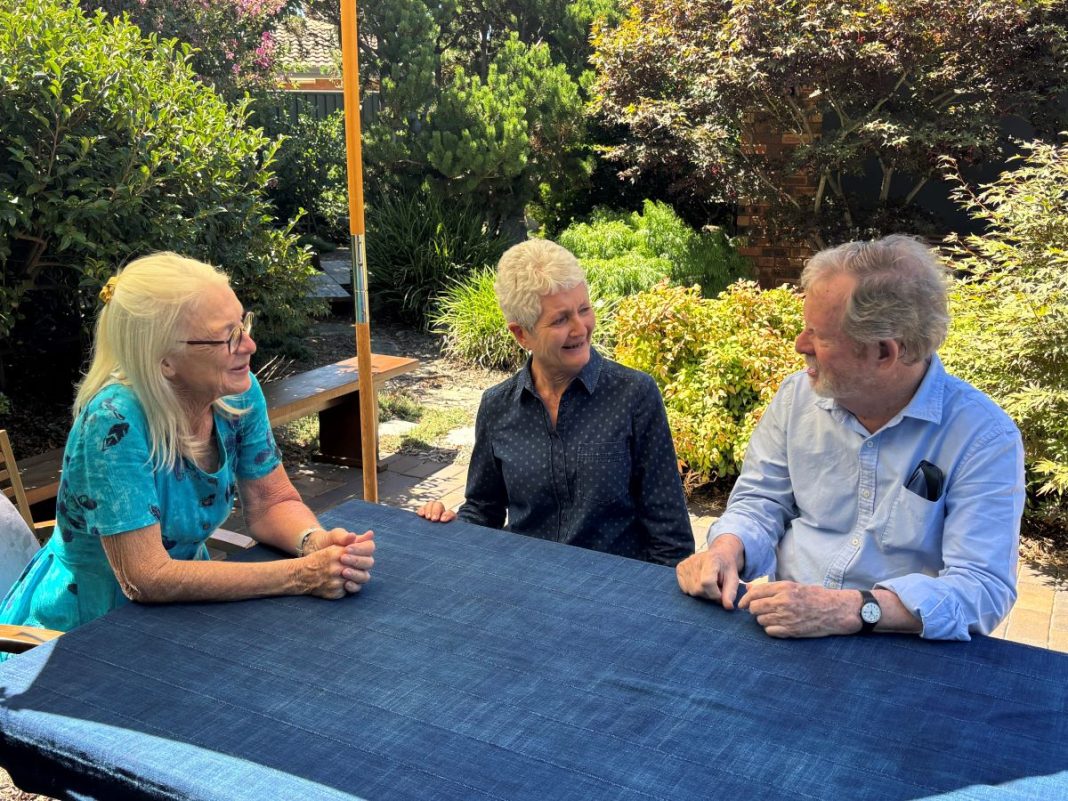There are a lot of choices we make in life: where to live, what career path to take, whether to start a family. But who has the right to choose how your life ends? Late last month, the ACT Legislative Assembly released the Inquiry to the Voluntary Assisted Dying Bill 2023 with a list of suggested changes they recommend be implemented before the bill should be passed.
This battle over the right to end your own life isn’t a new one by any means. Assisted dying has been lawfully practiced in Switzerland since 1937.
Here in Australia, Dr Philip Nitschke was the first doctor in the world to administer a legal lethal voluntary injection in the Northern Territory in 1996 under the Rights of the Terminally Ill Act 1995 (NT). The doctor went to the home of his patient, a man in his 60s with advanced prostate cancer, and administered a lethal dose of barbiturates with the man’s wife present.
Another four of Dr Nitschke’s terminally ill patients were able to access the end-of-life option before the law was overturned in early 1997. The Federal Government enacted the Euthanasia Laws ACT 1997 which prevented territories from making laws about voluntary assisted dying. In response, Dr Nitschke founded the Voluntary Euthanasia Research Foundation, now known as Exit International.
The Swiss approach to assisted dying / assisted suicide / voluntary euthanasia is that anyone may assist another to die as long as their motives are altruistic. The safeguards in place are that the person must have the mental capacity to make the decision, and they must do the action that will bring about death themselves.
“We’re there to provide information and support people who are concerned about end-of-life issues. Here in the ACT, we provide information and support to about 200 members, and when Dr Nitschke comes to Canberra, people might ask questions,” says Dr David Swanton, Exit ACT Chapter Leader.
A Doctor of Science, Dr Swanton says it is great that the ACT has introduced the legislation; however, it is fiddling the margins. One of the recommendations put forth was clarification on terminology like ‘advanced’ and ‘last stages of life’. Currently, the bill states that a person must have a condition that is advanced, progressive and expected to cause death, with an advanced condition being a person in the last stages of life. Dr Swanton says this leaves many people out in the cold.
“What we are concerned about is the stipulation based on whether you’re terminally ill or not. People who have motor neurone disease, or locked-in syndrome or Huntington’s disease, you’ve got 20 years of suffering to go…If you have three months to go, that’s okay, but then you’re going to have to spend your last three months navigating the ACT’s regulatory system.”
A blanket rule across Australia is that for a person to be eligible for voluntary assisted dying, they must be 18 years of age, have decision-making capacity, and suffer from a disease, illness or medical condition that will cause death or is causing intolerable suffering. Again, Dr Swanton believes many people will be left in the lurch. A particular concern of the Exit ACT members is what it means for people with dementia.
Exit ACT would like the implementation of an advanced care directive that would allow people with dementia to decide while they still have the capacity to do so, for a time when they may not. Dr Swanton says that like a DNR (Do Not Resuscitate) order, people should be able to choose what happens at a certain stage.

Another issue Exit ACT has with the proposed Bill and blanket laws is that people under 18 are excluded, even if they fit the criterion of suffering unbearably. Dr Swanton, using the example of a two-year-old, says they can’t choose whether they go on living and they also can’t choose whether they receive an organ donation, but one decision is easier to digest.
“We can give a two-year child an organ donation or a heart transplant. So, if a two-year-old child is suffering unbearably as it might do if it has a tumour on the spine and they only had three months left to live, you can either have the child suffering unbearably for three months, or there are other options. In a civilised, humane society what would we do? That’s the question we ask. “
There has been some pushback on the decision to not include a life expectancy timeline in the Bill. Other states require a six or 12-month expectancy to be able to access voluntary assisted dying. Exit Act believes it doesn’t go far enough and that it should include people without a terminal illness.
“We want people who aren’t terminally ill but are suffering unbearably to access voluntary assisted dying. We want to mitigate suffering. We should be doing that as a humane society, but the bill does not allow that to happen.”
Believing many people don’t like talking about end-of-life options, Dr Swanton says it comes down to a few important factors: you shouldn’t be able to overrule what another person thinks is best for their body; quality of life is more important than quantity; and when it comes to the right to die, why should you even have to suffer?
“My purpose and the purpose of many people might be to have a good quality of life and make sure my wellbeing is above a standard that I consider satisfactory. When that standard of wellbeing falls below that acceptable standard, why should I have to stay alive?” he says.
Many of the Exit ACT members have seen friends and family go through awful situations at the end of their lives, making them passionate about changing the rules. They believe the objective of the ACT Legislation must be to allow people regardless of age and life expectancy to mitigate their suffering if they have decision-making capacity and have been well informed.
“The Bill rejects autonomy because a doctor can say ‘Sorry, you’re not sick enough, you’re not suffering unbearably enough, your condition isn’t advanced enough’. A doctor can overrule you,” Dr Swanton says. “We want the option of advanced care directives for elderly people, we want the option of voluntary assisted dying if you’re not terminally ill.”
The ACT Government has four months to respond to the Inquiry, and Dr Swanton and Exit ACT would like to see more than the recommended amendments added.
“The legislation in the ACT is not up to scratch. Some people in Canberra may choose to go to Switzerland to die. I’m hoping that no one needs to take that option. Hopefully, we go at 1am in our sleep after leading a healthy and productive life, but reality is that isn’t always the case.”
Find out more about Exit ACT: exitact.net
Canberra Daily is keen to hear from you about a story idea in the Canberra and surrounding region. Click here to submit a news tip.


